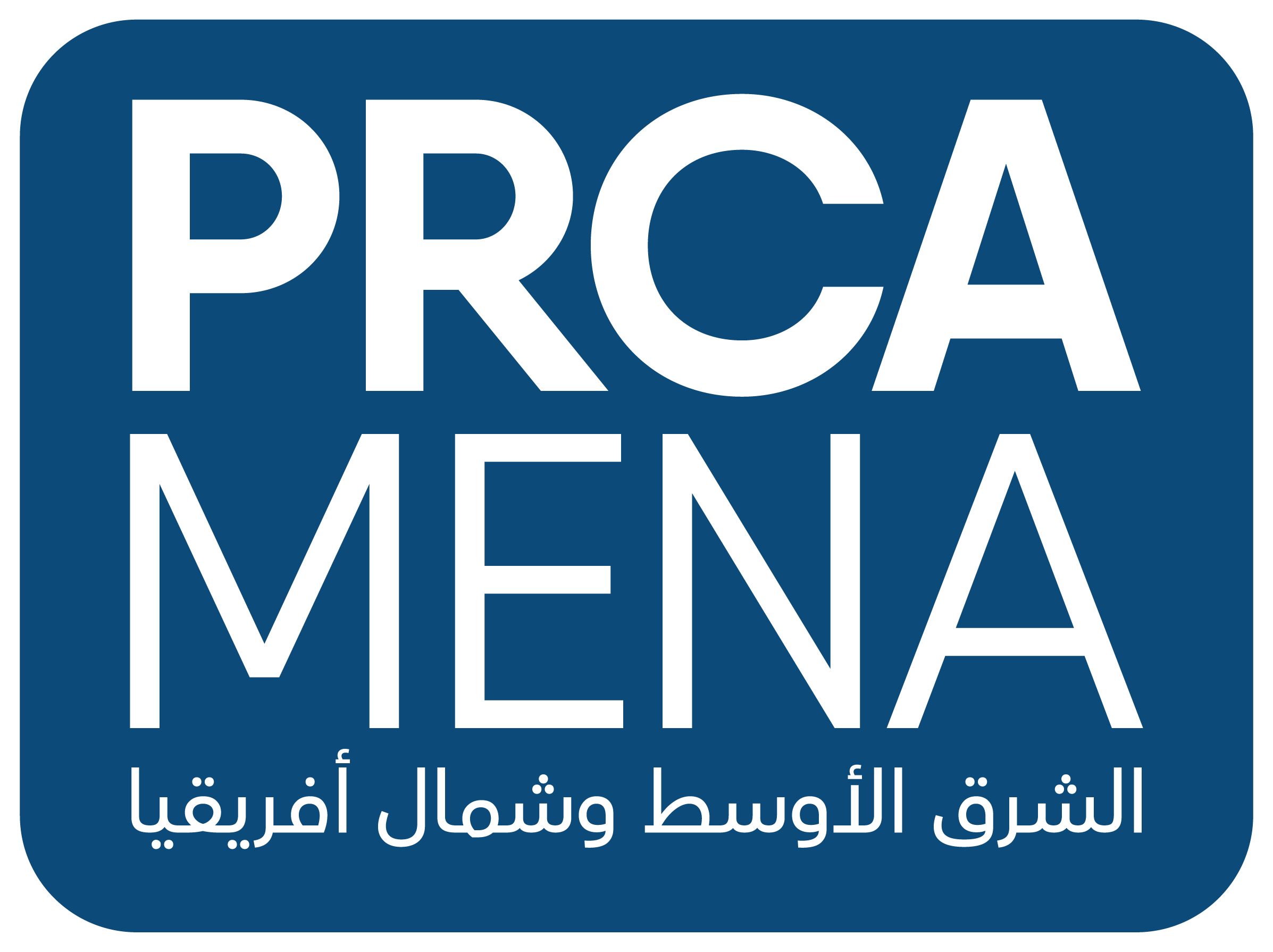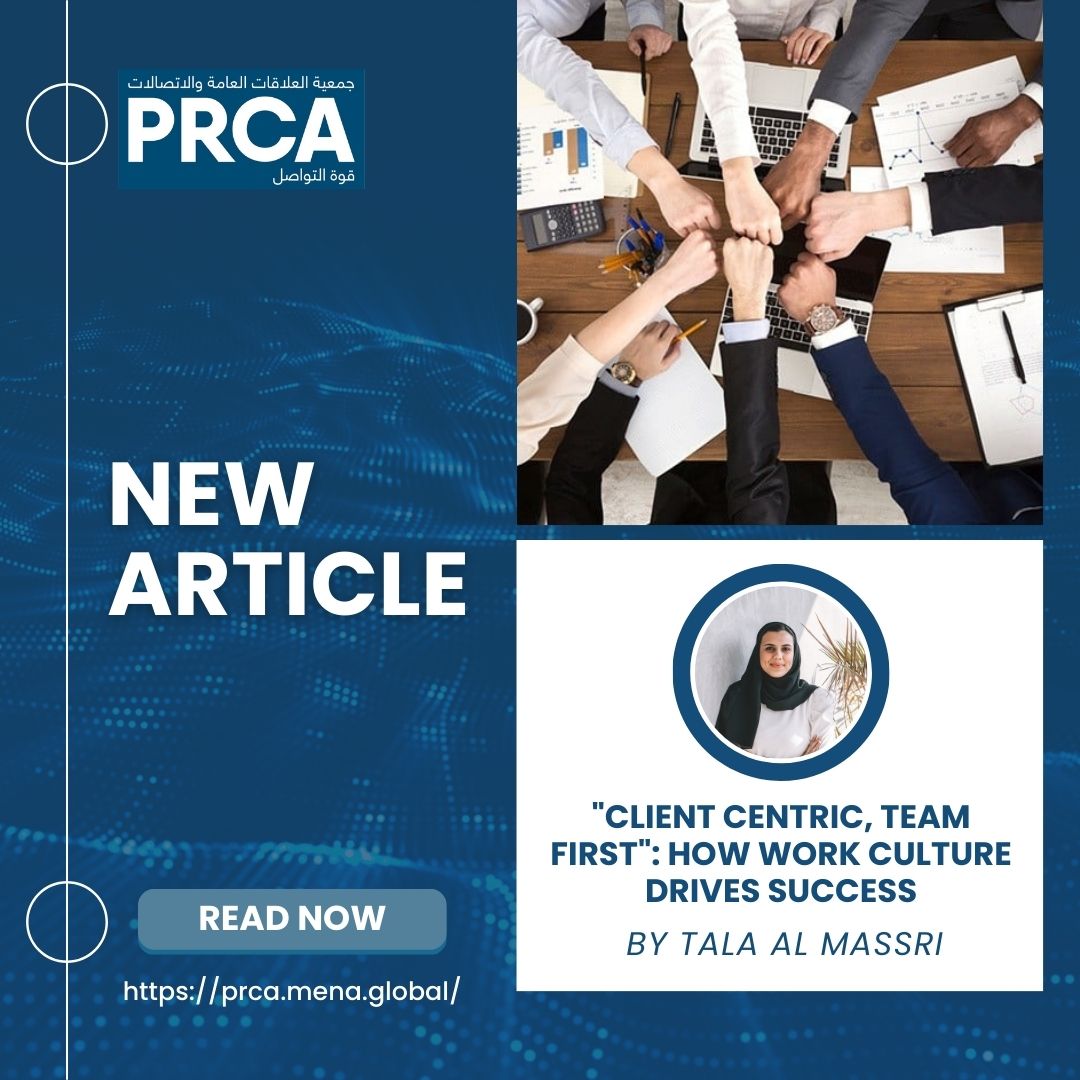“Client Centric, Team First”: How Work Culture Drives Success
Words By: Tala Al Massri, Junior Account Manager at Atteline
“Client centric, team first” is an ideology our Managing Director and Founder, Sophie Simpson, has been sharing with Atteline’s clients and new business leads during my 917 days of working at Atteline. Four simple words which resonate deeply, forming the cornerstone of our company culture. This mantra is embedded in every interaction, decision, and initiative, highlighting the profound impact that work culture has on shaping successful, thriving organisations.
Culture naturally develops and is unique to each organisation. Each culture has a history and goals for the future hence why the culture should be true to both. It’s the special way a company attracts, retains, and transforms employees into brand advocates. A study by Robert Walters, a specialist professional recruitment consultancy, reveals that companies with a strong cultural fit experience remarkable results: 90% of employees report greater job satisfaction, 84% show improved job performance, and 81% are less likely to leave.
Most companies often emphasise their ‘core values,’ showcasing them on their websites or social media channels. The underlying assumption is that these values are set by upper management, and employees are expected to align with them. In practice, however, employees bring their own rooted beliefs that are integral to their identities. Consequently, organisations are inherently culturally diverse. Therefore, leading and retaining productive staff is a significant challenge for business leaders, especially in today’s hyper-competitive market where employees expect a holistic package from the companies they work for.
Each organisation and agency are unique, but there are universal traits that form the building blocks for creating a positive work environment. Here’s what to look for:
Trust and Psychological Safety
This goes back to Maslow’s hierarchy of needs of being in a “safe environment”. It encourages employees to share their opinions openly, without fear of retribution, even if they differ from those of their senior managers. Employees should feel secure in contributing alternative ideas, voicing concerns, or acknowledging mistakes without judgment. This level of trust fosters a more transparent and collaborative workplace.
Sense of Belonging
Employees are more engaged when they feel a genuine sense of acceptance and purpose. At Atteline, we have shifted toward a stronger focus on sustainability to foster this sense of belonging among our employees.
Promoting strong bonds through team-building activities helps employees feel seen and appreciated while cultivating personal connections that are integral to any happy team. According to a Deloitte study, business productivity rises by 31% when employees are happy.
Opportunities for Professional Growth
In a rapidly evolving technological landscape, employees need ongoing development. Professional development shouldn’t be limited to their current role but should include opportunities to gain new skills for career advancement. Generation Z employees, for instance, tend to stay with a company for about 11 months before moving on in search of further development, and they value opportunities for learning and advancement.
Flexibility
The COVID-19 pandemic demonstrated that businesses could adapt and thrive with remote work, revealing that the traditional 9-to-6 schedule is no longer a universal solution. Younger employees, in particular, are seeking more flexibility. The Roads and Transport Authority (RTA) in Dubai exemplifies this shift through its survey of private sector employees, aimed at understanding traffic movement patterns and assessing the impact of flexible work hours and remote working arrangements. The survey’s feedback will help expand these practices to reduce traffic congestion during peak hours.
The hybrid model emerged from this shift, offering two or three in-person days per week while promoting adaptable schedules that accommodate employees’ personal needs—a practice followed at Atteline. By supporting flexible arrangements, companies foster a culture where employees genuinely want to work while building trust and understanding.
Recognition of Employee Achievements
Acknowledging employee successes is crucial for maintaining high engagement levels and enhancing productivity. Recognition should go beyond the occasional thank-you note and encompass a structured approach that rewards contributions aligning with the company’s core values and goals. Yet, a survey by Authentic Recognition found that only 11% of employees receive weekly recognition, 17% receive annual recognition, and 29% receive no recognition at all. These figures are quite surprising, considering the significant impact of recognising employees in the workplace. Implementing regular and meaningful recognition practices is essential for creating a positive, high-performing and sustainable work environment.
At Atteline, we invest in our people through ongoing professional development and training, fostering an environment of open dialogue and transparency. Celebrating successes big and small nurtures a culture of appreciation while motivating employees to strive for excellence. By prioritising our team’s growth and satisfaction, we’ve created a work culture where every individual feels empowered to drive success and represent the brand’s core values.
-ENDS-




